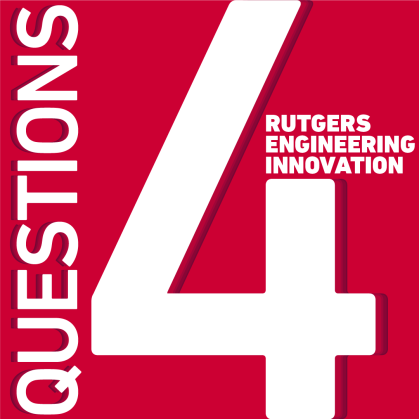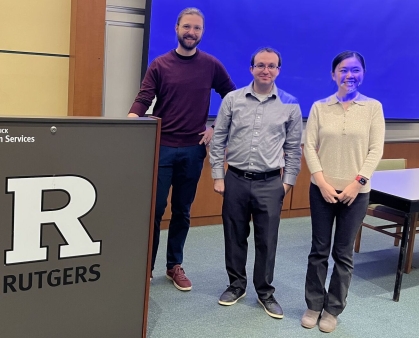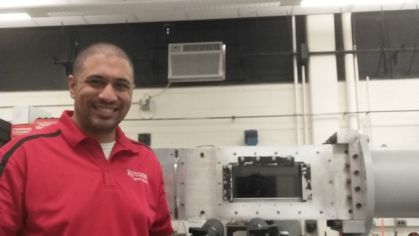Four Questions for Joseph (Yossi) Cohen
After earning bachelor’s, master’s, and Ph.D. degrees in mechanical engineering from the University of Michigan, YossCohen continued his research as a Schmidt AI in Science Postdoctoral Research Fellow with the Michigan Institute for Data and AI in Society. There, he explored the intersection of explainable AI with uncertainty quantification to improve the reliability of model explanation methods before joining The School of Engineering Department of Mechanical and Aerospace Engineering as an assistant professor in January 2025. His Trustworthy, Robust, and Understandable SysTems in Mechanical Engineering (TRUST-ME) Lab, seeks to build and educate about responsible, human-centered methodologies for intelligent optimization of systems and operations to improve industry decision-making, with potential applications for manufacturing, aerospace, and renewable power systems.

What fuels your passion for mechanical engineering?
The versatility of mechanical engineering is very inspiring. Its fundamental principles can be applied to so many different problems, allowing us to make a broad impact that can reach and help so many people. Being able to branch out and constantly reinvent ourselves, keeps things exciting.
What is your current research focus – and who is most likely to benefit from its results?
Currently, I’m focused on improving the reliability of machine learning methods for mechanical engineering systems, particularly in manufacturing applications. While these powerful predictive models can have game-changing capabilities, they are dependent on their training data and aren’t as robust under uncertainties as they should be, especially for safety-critical problems.

My goal is to leverage explainable AI tools, along with uncertainty quantification and communication, to create new mathematical frameworks that support resilient, human-centric, and sustainable industrial AI systems.
Broadly speaking, the end users of automated systems can benefit. For example, in manufacturing applications, industry operators can use these tools to enhance predictive maintenance capabilities, thus improving yield and cutting costs. Furthermore, as AI systems become more prominent in all aspects of our lives, it becomes increasingly critical for public safety that we can trust and certify them.
What have you most enjoyed so far about the MAE department and the School of Engineering?
The people! Faculty, staff, and students have been a joy to get to know – everyone has been extremely approachable and welcoming. I feel that there is an amazing culture at Rutgers where everyone is really invested in each other’s success.
What has surprised you the most about the school and your department?
Rutgers is a massive university and I’m still learning so much every day. However, I’m so surprised and impressed by the close-knit community of the school and the department. I am very happy to call Rutgers MAE home.
--


